Scientific council
The scientific council
The scientific council is an independent committee tasked with guiding the scientific directions of the National Observatory on Health and Environmental Impacts of Contaminants (NOHEIC). In this regard, the members undertake the following functions:
- Monitor the scientific state of knowledge and identify gaps to be filled;
- Define research priorities and identify opportunities for innovation;
- Direct methodological choices;
- Propose strategies for engaging the scientific community and disseminating knowledge;
- Ensure the involvement of researchers;
- Guarantee the scientific independence of the institution;
- Review the outputs of the NOHEIC;
- Validate the membership of new members.
Composition
The scientific council currently consists of 11 members affiliated with seven Quebec-based research and teaching institutions. The members' expertise is diverse and complementary. They cover the following areas:
- Environmental health and epidemiology;
- Toxicology and biosurveillance of contaminants;
- Environmental geosciences and hydrogeochemistry;
- Contaminant treatment and residue valorization;
- Analytical methods, modeling, and experimentation;
- Environmental law and governance;
- Social sciences applied to environmental issues.
Network expertise diagram
The expertise held by the members of the scientific council is illustrated in this interactive network diagram according to the research areas of the NOHEIC. It is possible to select a research area to highlight the individuals working on the targeted topics and the expertise that is involved or shared among the members. Moving the cursor over a member's photo provides details about the institution to which they are affiliated and a complete list of their areas of expertise.
Content blocked
This content is blocked because you have not accepted analytical cookies.
Once cookies have been accepted, please refresh the page.
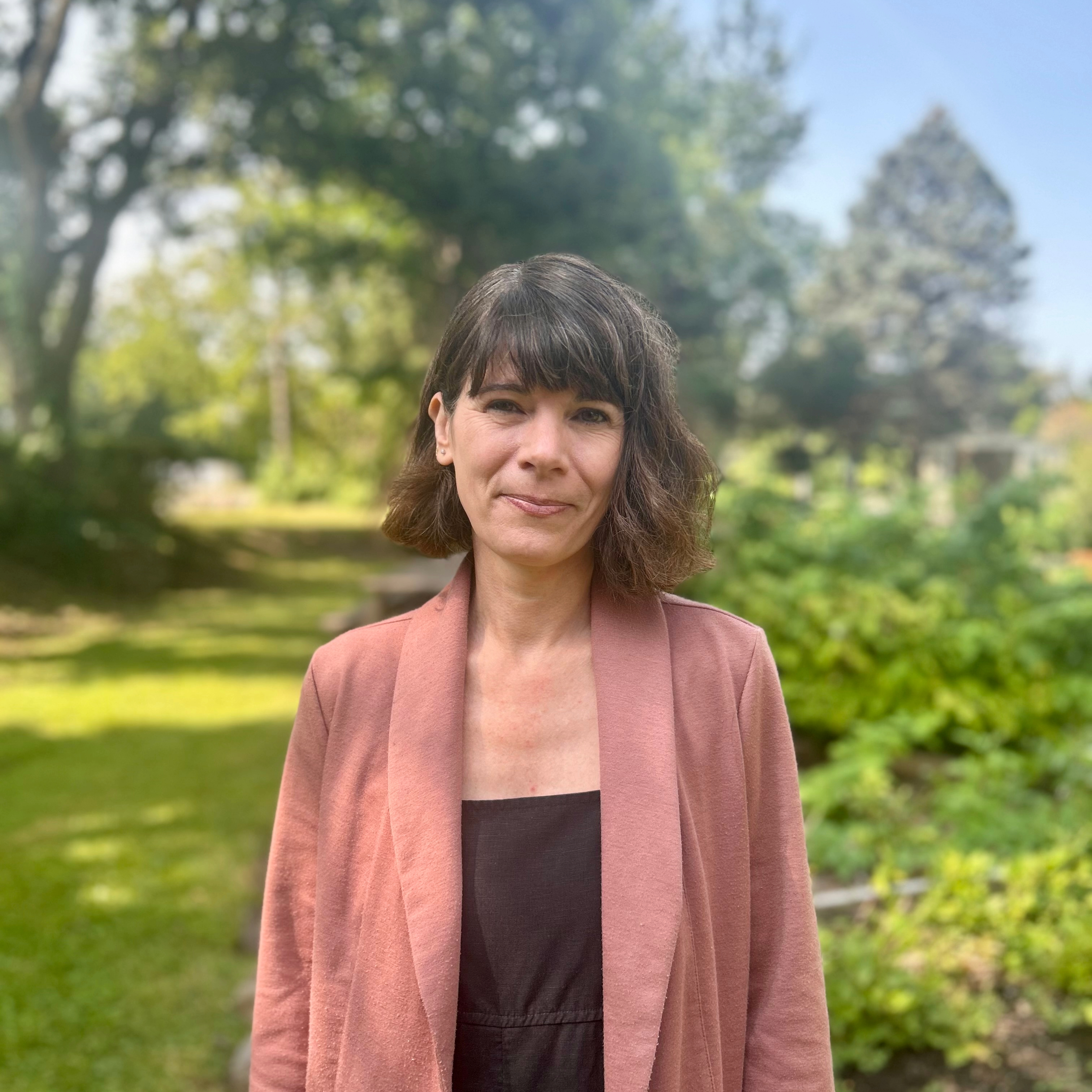
Maryse Bouchard
Professeure, Centre Armand-Frappier Santé Biotechnologie, Institut national de la recherche scientifique (INRS)
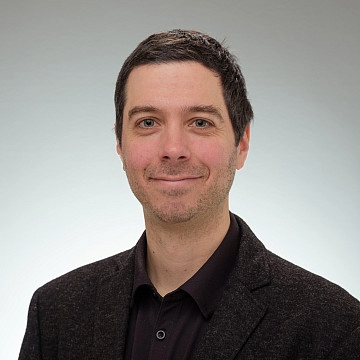
Jean-François Boulanger
Professeur, Département de génie chimique et de génie biotechnologique, Université de Sherbrooke
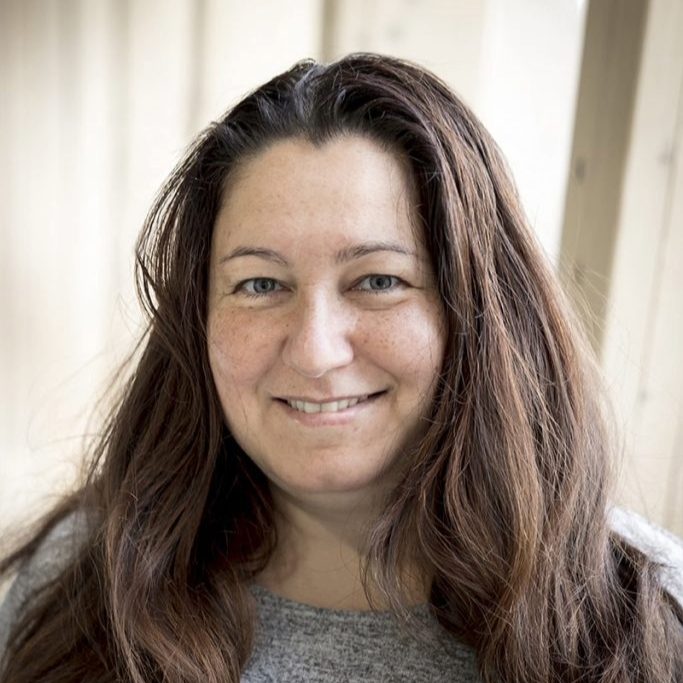
Luliana Laura Calugaru
Chargée de projet au Centre technologique des résidus industriels (CTRI) et professeure de chimie au Cégep de l’Abitibi-Témiscamingue
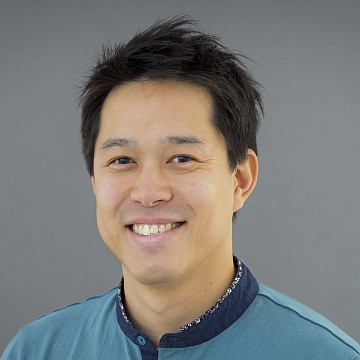
Yohann Moanahere Chiu
Professeur, Département de médecine de famille et de médecine d'urgence, Université de Sherbrooke
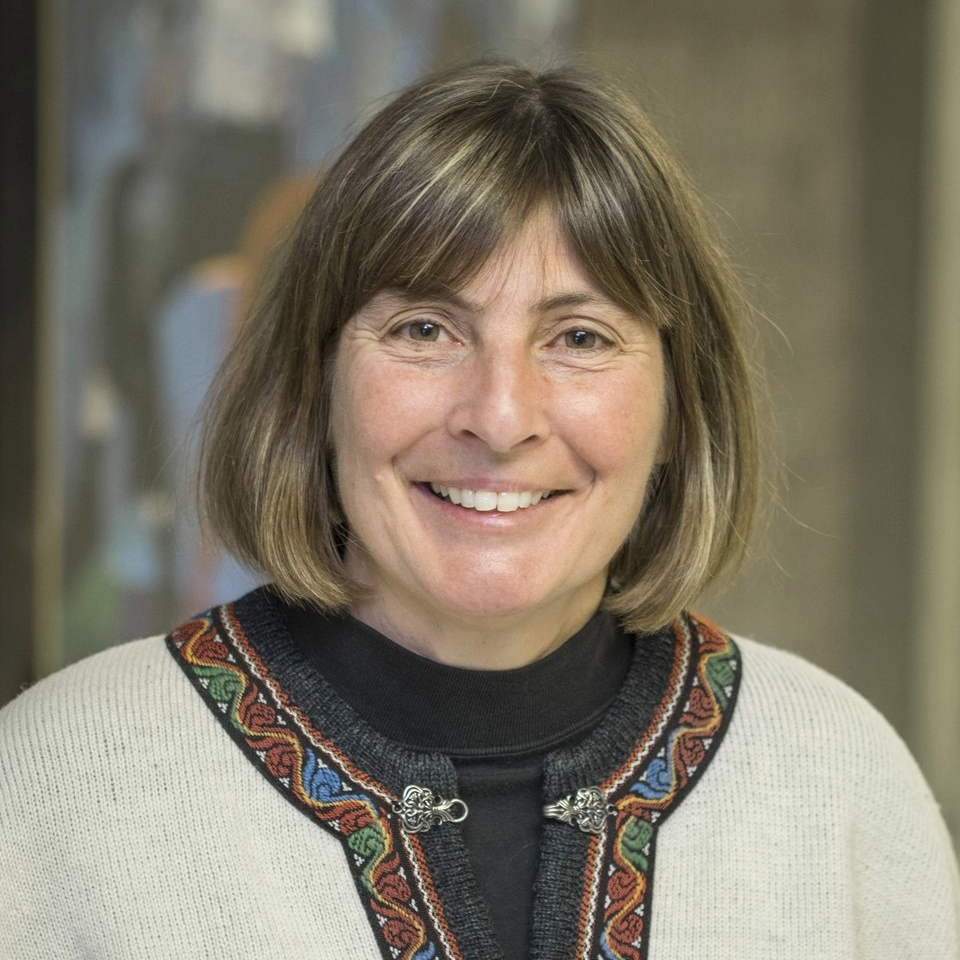
Catherine Choquette
Professeure, Faculté de droit, Université de Sherbrooke
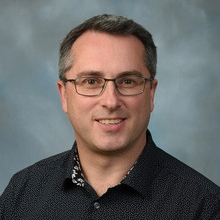
Maximilien Debia
Professeur, Département de santé environnementale et santé au travail, École de santé publique de l'Université de Montréal
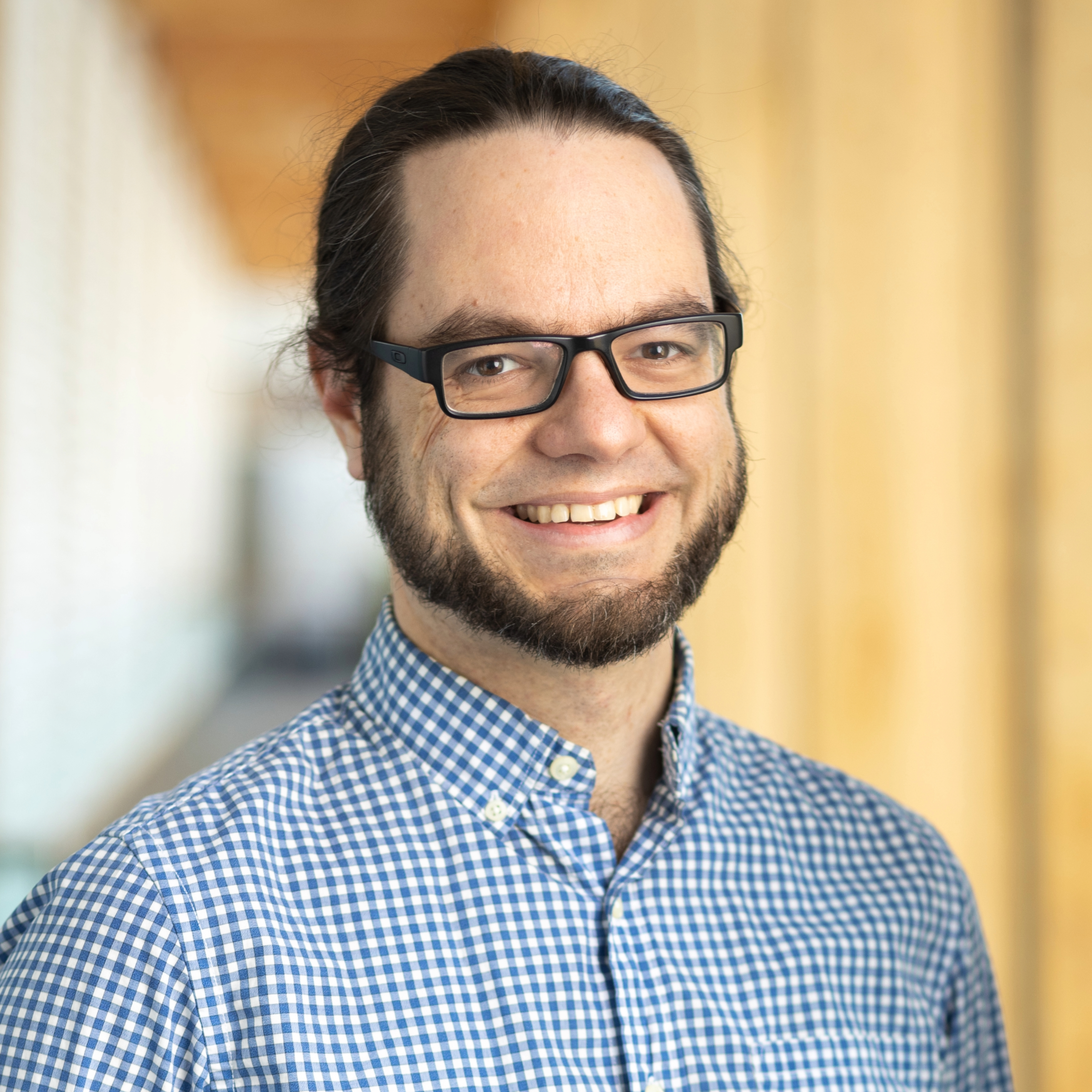
Jérôme Deschênes
Professeur, Unité d'enseignement et de recherche en sciences de la gestion, Université du Québec en Abitibi-Témiscamingue
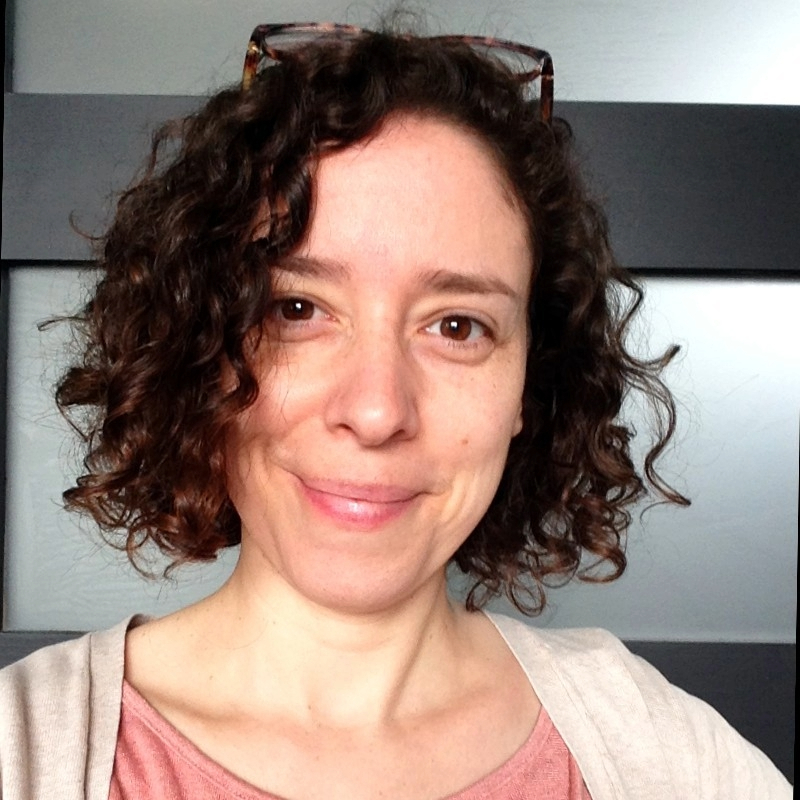
Lauriane Dinis
Lauriane Dinis
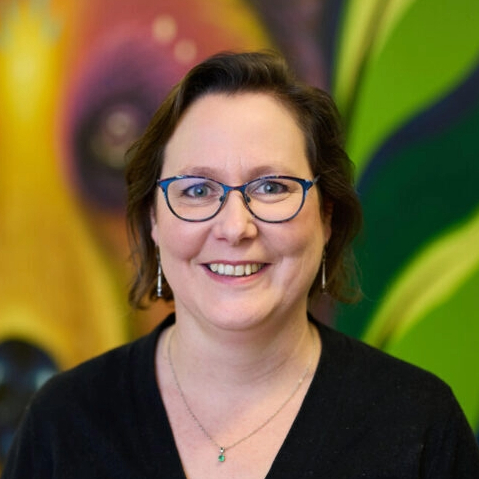
Nolwenn Noisel
Professeure, Département de santé environnementale et santé au travail, École de santé publique, Université de Montréal
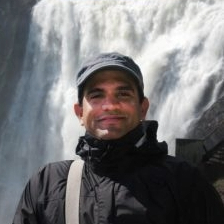
Maikel Rosabal Rodriguez
Professeur, Département des sciences biologiques, Université du Québec à Montréal (UQÀM)
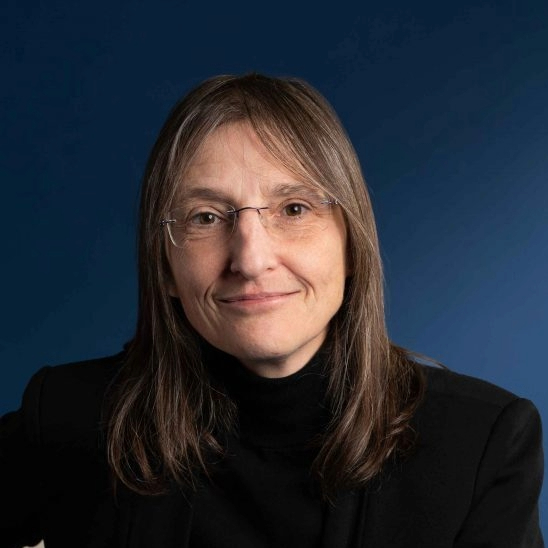
Cathy Vaillancourt
Professeure, Centre Armand-Frappier Santé Biotechnologie, Institut national de la recherche scientifique (INRS)
